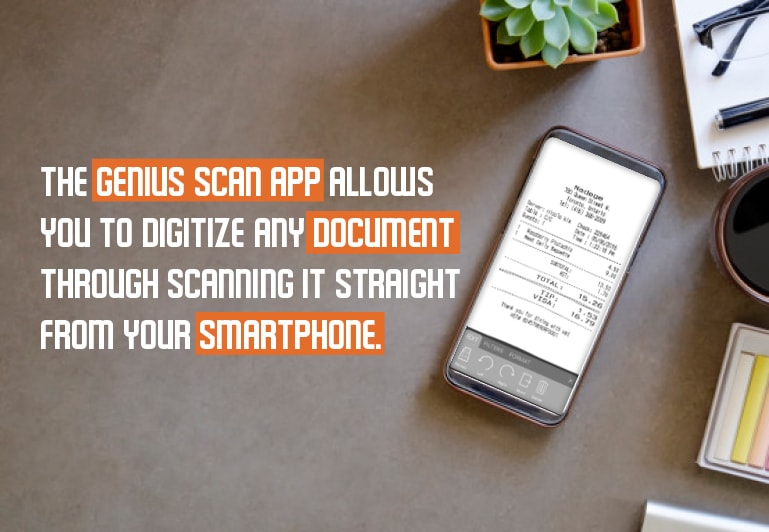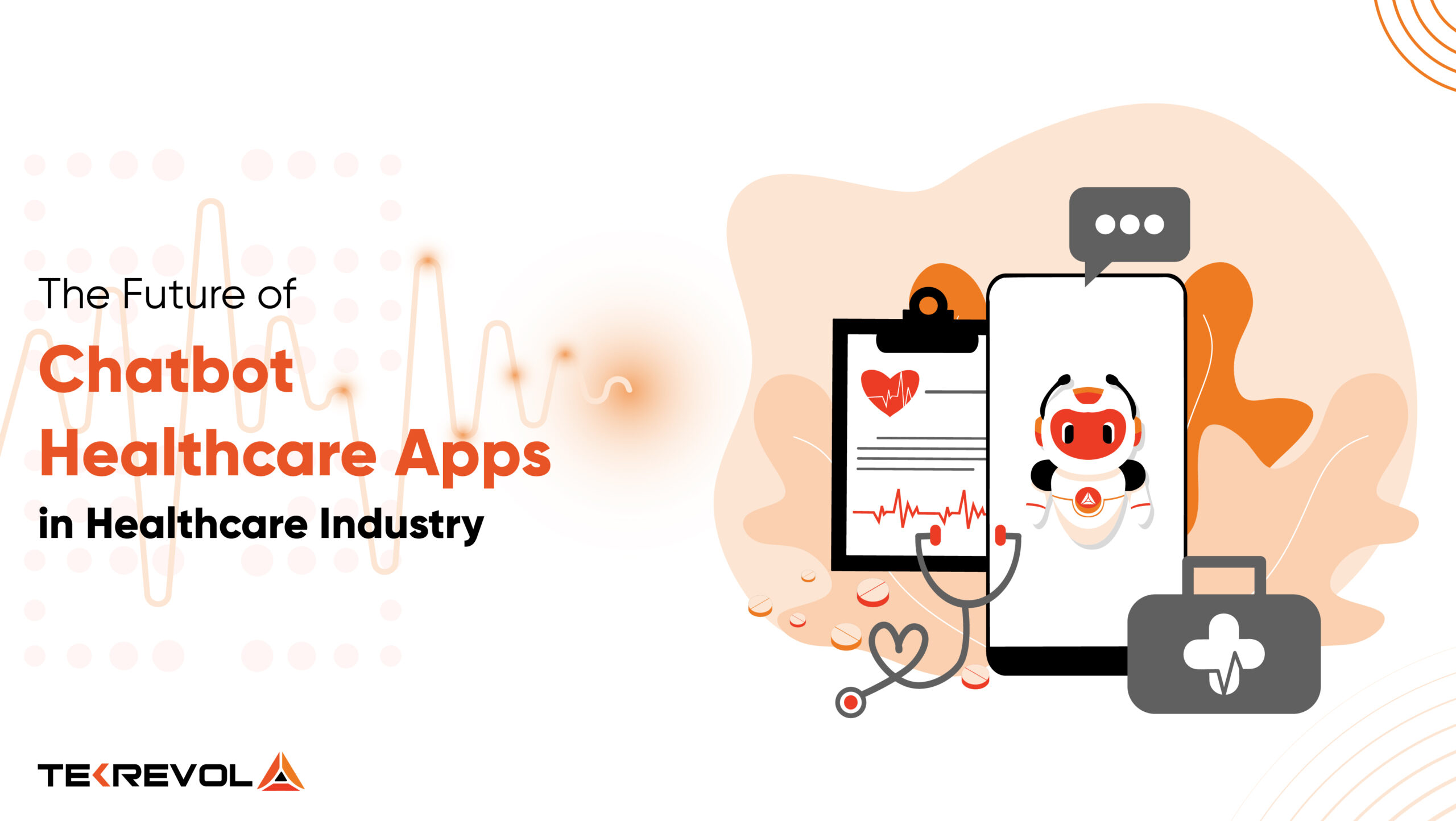Android or iOS? Why not both?
Which language or platform should I choose to build my mobile app?
If you are an app entrepreneur or just starting your app entrepreneurial journey, you know how arduous these questions can be—primarily the ‘native vs. cross-platform app development’ part that keeps most up-and-coming app entrepreneurs procrastinating on their dreams.
But don’t worry! This blog will clear all your doubts about the technology stack you should choose.
In this blog, we will provide a brief overview of native and cross-platform app development frameworks, along with the pros and cons of the most popular Android app development technology stack available today.
By the time you are done reading it, you will be able to make an informed decision regarding the development type and platform you should choose for your app.
So without further ado, let’s get started!
Overview of Popular Android Technology Stacks

Before we start exploring the different types of technology stacks for Android app development, let’s first understand the two approaches to developing android apps:
Native App Development
Native app development has been the traditional way of building apps since the launch of the first-ever mobile game from Nokia called ‘Snake.’
Native mobile apps are built specifically for a single platform (operating system, to be more precise), such as Android and iOS.
Java and Kotlin are the programming languages used for native Android app development, while Objective C and Swift are used for building iOS apps.
Java
Java has been around for over two decades. It’s considered the most mature language for Android app development and has been widely used to this date.
It’s an advanced and stable language that offers a wide range of libraries and frameworks, making it easy for developers to build complex apps. However, Java can have performance issues on older devices and may not be the best choice for apps that require a lot of native functionality.
Kotlin
Kotlin is considered an upgraded version of Java. It’s a relatively newer programming language designed to improve some of the shortcomings of its predecessor Java.
Kotlin has proven to be a lot better than Java in terms of performance, code readability, and safety. The best part? It’s fully compatible with Java, meaning that developers can use Java libraries and frameworks with Kotlin.
However, Kotlin is a relatively new language, and developers with limited experience may find it difficult to work with.
Cross-Platform App Development
Cross-platform app development has been the modern approach for building both iOS and Android apps using the same source.
Cross-platform app development started gaining attention after the launch of React Native, but since the launch of Flutter, it has become the go-to choice for startups and enterprise businesses.
React Native, Flutter, Xamarin, and Ionic are among the most popular cross-platform app development frameworks used for building iOS and Android apps using the same source code.
React Native
React Native is probably the most popular cross-platform app development framework that enables developers to build iOS and Android apps using JavaScript. App developers can write code once and deploy it on both iOS and Android, saving significant time and resources.
However, React Native can have performance issues on older devices and may not be the best choice for apps that require a lot of native functionality.
Xamarin
Xamarin is another cross-platform android app development framework that allows developers to build apps for both iOS and Android using C#. It provides access to the full range of native APIs, which means that developers can build apps with the same performance as those built using Java or Kotlin. Additionally, it offers a wide range of libraries and frameworks, making it easy for developers to build feature-rich android apps.
However, Xamarin can have a steeper learning curve than other technologies, and developers with limited experience may find it difficult to work with.
Flutter
Flutter is a cross-platform, open-source app development framework by Google. It allows developers to build high-performance, high-fidelity apps for iOS and Android using a single codebase and offers a wide range of widgets, making it easy for developers to create visually appealing apps. Additionally, the hot-reloading feature in Flutter allows developers to see the changes they make in real-time.
However, Flutter is a relatively new technology, and developers stuck in old-school development methods or with limited experience may find integrating advanced features and functionalities challenging.
Ionic
Ionic is another popular cross-platform app development framework that allows developers to create mobile apps using web-friendly tech stacks such as HTML, CSS, and JavaScript. It has a wide range of pre-built components, making it easy for developers to build visually appealing apps on the go. And like Flutter, Ionic also has a hot-reloading feature, enabling developers to make and observe changes in real time.
However, Ionic is not considered an ideal choice for building feature-rich native apps as it has certain limitations that can’t be ignored for high-impact apps.
Pros & Cons of Each Technology Stack

Each technology stack for android app development is unique in its own way and has certain benefits over the other.
Below is a detailed breakdown of the pros and cons of native and cross-platform app development frameworks to help you confidently choose the right technology stack.
Performance
Native app development languages have a definite edge over cross-platform app development frameworks in terms of performance.
Building feature-rich android app with advanced features and functionalities require a stable native language like Kotlin or Java for the backend programming.
It does not mean that cross-platform frameworks can’t get the job done. Both are good in their own ways. However, native app development is considered a far better choice for apps where even a slight compromise in the user experience can make room for the competitors to slide in quickly.
Thus, native programming languages are the clear winner in terms of performance.
Reusability
There’s no competition between native and cross-platform app development approaches regarding scalability.
Cross-platform app development frameworks such as Flutter, React Native, etc., allow entrepreneurs and developers to use the same code to build the app for another platform. While in native app development, the same code written in Java or Kotlin can’t be directly used to build iOS apps.
Thus, cross-platform app development has a definite edge in terms of scalability and reusability.
User Experience
It might come as a surprise, but the user experience factor has nothing to do with the development approach. The UX of an app entirely depends on the Android app development company you partner with and the developers working on your project.
Most developers argue that Java or Kotlin has the edge in terms of user experience as these languages are more mature and built specifically for Android. Well, this may be true, but the cross-platform app development frameworks are equally good and can even assist app developers with hot reloading and component-based development features.
Development Cost
As the development cost is among the most decisive factors for choosing the technology stack, the cross-platform development frameworks are the champion for startups and ambitious entrepreneurs due to the reusability factor.
Nearly all of the businesses have target audiences on both iOS and Android. Those with tight budgets choose a single platform where most of their audience is, hoping to quickly break even the cost and acquire investments for the other.
However, since the cross-platform development approach has become popular, around 93% of startups and even the enterprise have rejected the conventional approach and shown their confidence in cross-platform app development.
Turnaround Time
Similar to the development cost, the turnaround time is among the most decisive factors you should consider before choosing the technology stack for your app.
Hundreds of innovative ideas have failed simply because they were either too early or a little too late for their time. And if you don’t want that happening with your idea, you need to launch your app exactly at the right time.
With native app development, you have to hire dedicated teams of iOS and Android developers and wait for both versions to be ready for deployment. On the other hand, you can build both versions of your app using the same codebase with cross-platform app development.
Thus, cross-platform app development is undoubtedly a better option if you need a quick turnaround time and don’t want to waste the crucial time stuck with development which you could utilize otherwise promoting your app.
Before choosing a technology stack, it’s essential to define the project scope and requirements clearly. Focus on the long-term scalability and maintainability of your app, and carefully evaluate the expertise and experience of the android app development company you hire.
Advanced Features
It’s a never-ending debate among the development community whether native apps are better in terms of features and functionality than cross-platform apps.
In cases where GPS and camera are needed, native apps undoubtedly offer a better user experience, but for regular on-demand apps for businesses, there’s little to no evidence to support that native apps have a definite edge over cross-platform apps.
Thus, we will rank native apps slightly higher than cross-platform apps in terms of features and functionality.
Security
In these uncertain times of cyber-attacks and data breaches, security is one of those factors you can’t neglect in any case.
And since Kotlin, Java, and other native programming languages have more depth than these cross-platform languages and frameworks, native apps can give a slightly tough time to hackers and intruders compared to the others.
However, it doesn’t mean that cross-platform applications are more prone to cyber threats and that native apps can’t be hacked or breached. After all, these platforms are backed by the likes of Google, Facebook, and Microsoft.
Thus, we will be ranking native apps slightly higher in terms of security, but the lead here is barely significant, and the cross-platform frameworks closely follow the native ones.
Popular Android Apps & their Technology Stack
Still have doubts about which technology stack is suitable for your app? Below is a list of the popular android applications and platforms and their technology stack to help you get a clear picture of what each platform, native or cross-platform, is capable of.
- YouTube – Java
- Facebook – Java
- Pinterest – Kotlin
- Coursera – Kotlin
- Cash App – Kotlin
- Alibaba – Flutter
- BMW – Flutter
- The World Bank – Xamarin
- Olo – Xamarin
- UPS – Xamarin
- Wallmart – React Native
- Instagram – React Native
- UberEats – React Native
- MarketWatch – Ionic
- Calla – Ionic
Please note that some of the applications above use a mix of two or more programming languages. For example, Facebook uses a mix of PHP, Java, Python, and other languages and libraries, but its core programs are written in Java. Similarly, YouTube is made using C, C++, Go, and Java, but most of its code is written in Java.
Recommendations for Selecting the Right Technology Stack
Each app development platform has certain pros and cons, and there’s no one-size-fits-all approach applicable here.
Determining the right technology stack for your android app development depends primarily on the following four factors:
- Target Audience
- Development Budget
- Project Deadline
Target Audience
Identifying the target audience is among the very first steps to starting your app entrepreneurial journey. Knowing the demographics of your ideal customers and the platform they use between iOS and Android is the key to choosing the right technology stack.
If most of your target audience, let’s say over 80%, uses android devices, you can go for native android app development using Java or Kotlin. However, if your ideal customers are scattered across both iOS and Android, you have to cater to both audiences, or you will miss out on a lot of opportunities.
Development Budget
The development budget is another decisive factor that helps in determining the right technology stack for your business. If you are a startup or an ambitious entrepreneur with a tight budget for development, then cross-platform development should be your go-to choice.
You can save a considerable portion of your overall budget for app marketing and customer engagement and get both iOS and Android versions of your app ready for deployment.
Project Deadline
Ambitious app entrepreneurs with tight project deadlines should opt for cross-platform app development.
We have already discussed how crucial it’s to launch your products or services at the right time. With native app development, projects can take up to twice as much time compared to cross-platform app development. And the last thing anyone would want is to ask their development team to rush their project.
Thus, we recommend cross-platform app development (Flutter or React Native, to be more precise) to entrepreneurs and startups who don’t want to miss out on the latest market opportunities just because of extended deadlines.
Wrapping Up…
Starting an app-based business requires substantial capital investment, time, and consideration. If you’re one of those up-and-coming app entrepreneurs, remember the golden rule of app entrepreneurship – DO NOT RUSH!
Talk to that ‘tech-nerd’ friend of yours or conduct interviews with app development companies for better guidance, but don’t rush this decision, as it plays a crucial role in the success or failure of your app business.
You can book a 30 minutes free consultation session with our app development consultants and get a tailored roadmap for your project.
- Interested in creating an app?
- Book Your Free Discovery Session With the Industry Experts for Detailed Insights.











